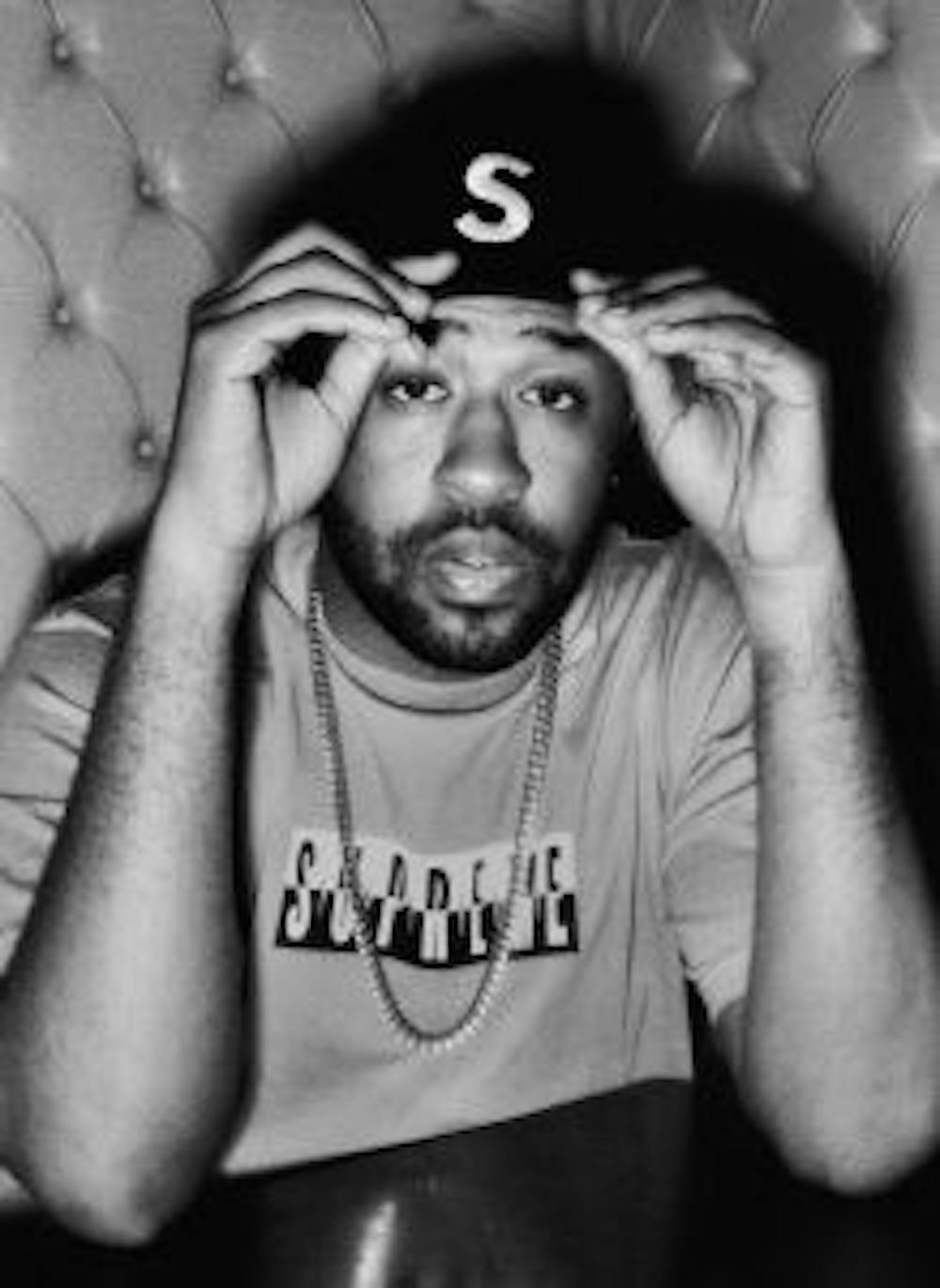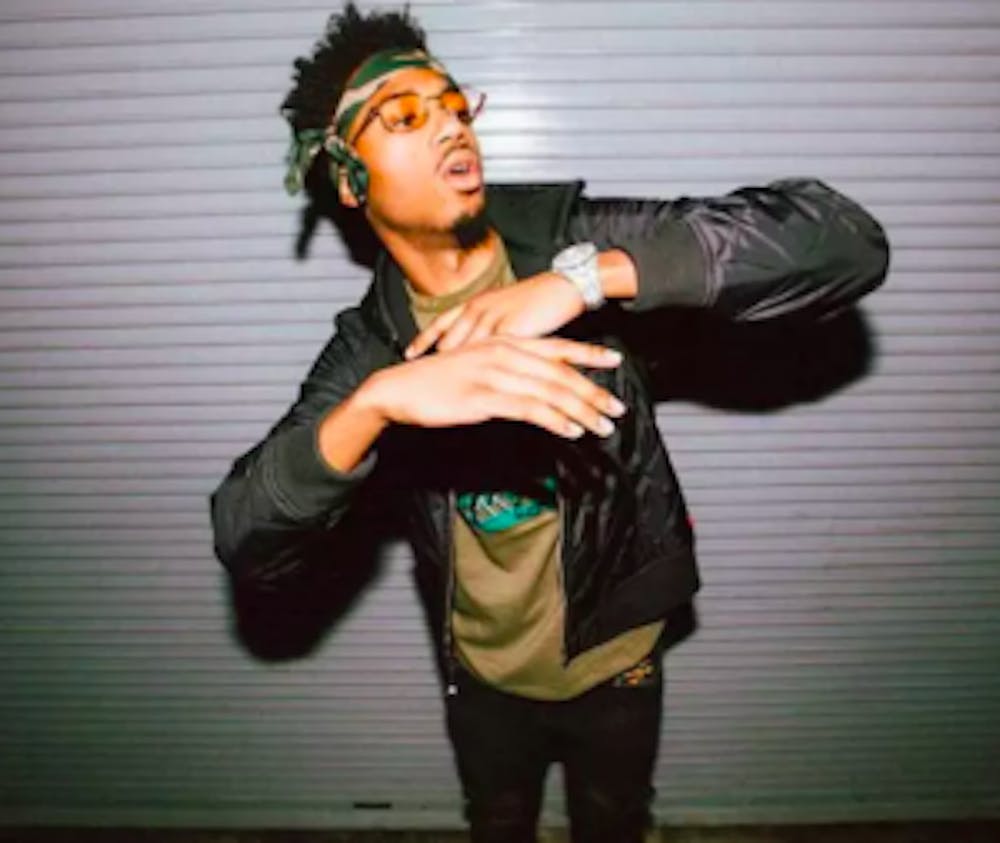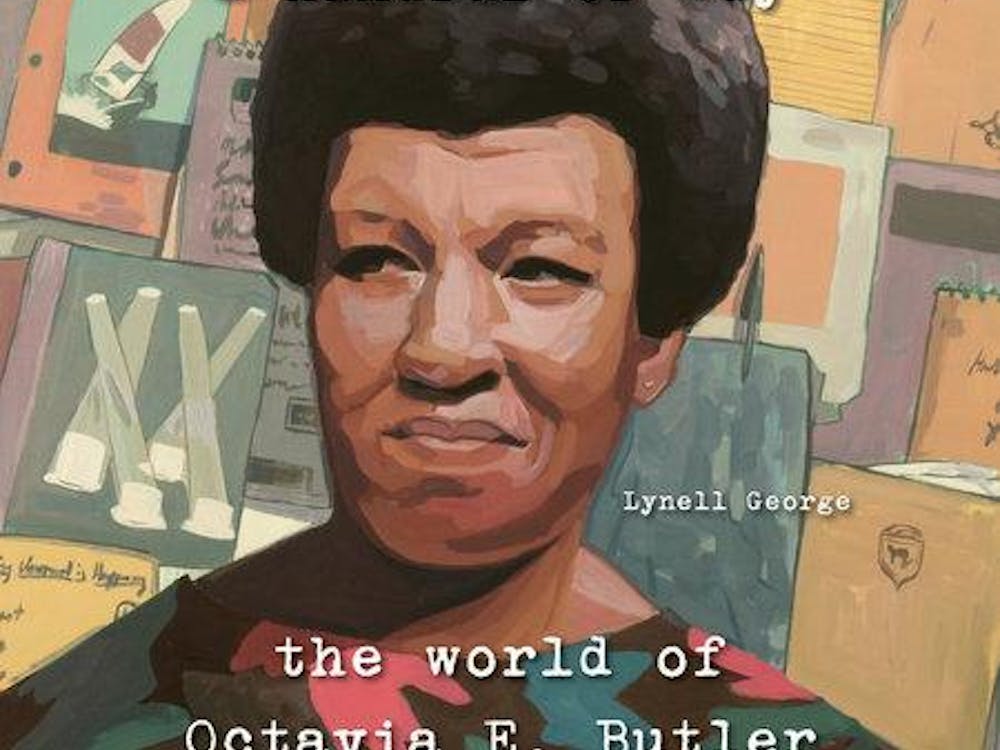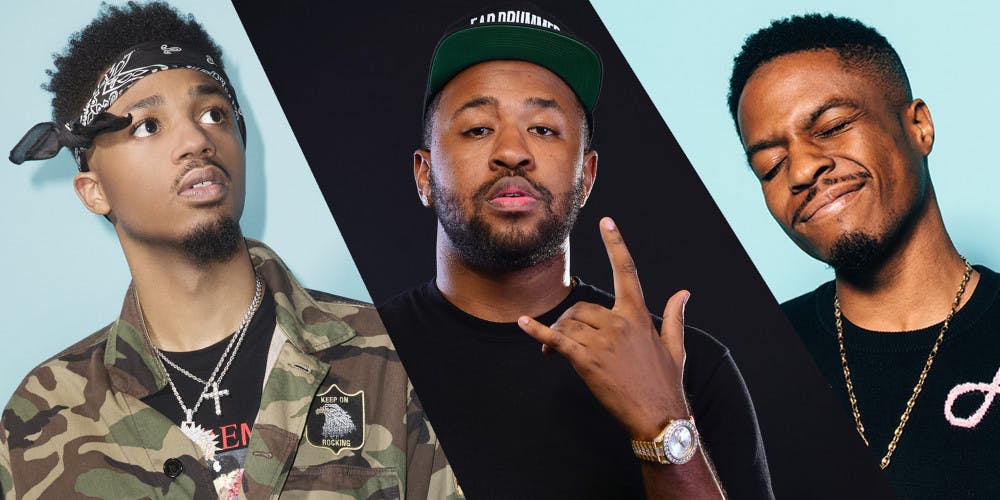by Blake Chapman
Hip-hop, when compared to other genres of music, is probably the most diverse and unique for multiple reasons. The culture and history of rap has been paved by visionaries from the Jamaican immigrants of the Bronx in the 1980s, to the polarizing gangsta rap movement of the 1990s by groups such as the N.W.A. Today, artists like Jay-Z, Kendrick Lamar, and J. Cole speak to the injustices that the African American community still face while crafting some of the greatest lyrical masterpieces of the 20th century. One of the most prominent differences that hip-hop experiences over other forms of music is production.
A single rock band could produce the vocals, instrumentals, and proper mixing necessary for a platinum record in house. Rappers, on the other hand, create music in a much more team-oriented atmosphere. Even though the growth of Soundcloud has given rise to much more independent artists, most major stars still surround themselves with audio engineers, studio technicians and most importantly; producers.
Much like a movie director, the music producer is tasked with making the major decisions when it comes to how a project will sound and how to achieve the best performance out of the artist. While that may be a generalization, the role of producer encompasses everything from song writing to financial management. With that in mind, it should not come as a surprise that many signature musical artisans choose to tag their songs with lyrics synonymous with their style.

"Mike WiLL Made-it"
Not many producers can make a claim to fame at a young age. To make it big in the intricate world of hip-hop, you need to prove you have a knack for creating excellent beats and the ability to sacrifice in the pursuit of your dreams. Sometimes though, it just comes down to being in the right place at the right time. Fortunately for Mike Will, he combines all those necessary talents and ounce of luck into one persona.
This Atlanta-based producer began to make waves when he had a chance encounter with Gucci Mane at the age of 16. After they fell out of correspondence and rekindled their relationship through Gucci’s long time friend Waka Flocka Flame, Will’s success in the studio earned him multiple name drops on 2009's Star Status . This same Gucci album included the
"If Young Metro don't trust you I'm gon' shoot you"
A hallmark of any excellent producer tag is when it gains notoriety for being more than an introduction to an incredible track. It can become a platform for voice actors to build their brand or evolve into popular lyrics all on their own. In rare cases, as with St. Louis native Metro Boomin, a tag takes on a life of its own as a source for fantastic memes.
The internet culture surrounding Young Metro is not the only thing keeping him in the mainstream. His early work with Future netted him a Billboard spot for Karate Chop and Honest as well as the origin of his unique tag. From that point forward, Metro began a hot streak through his early twenties that could not be stopped. This included Jumpman , Drake and Future’s joint single from 2015, which earned him further notoriety. He was also responsible for the Migo’s highest charting track, Bad and Boujee in 2016. He has extended his influence to even bigger artists in the industry including Big Sean , 21 Savage and even Kanye West. The intro to West’s Father stretch my hands pt. 1 off of 2016’s The Life of Pablo has become the most synonymous example of the tag. In that time, he has also had opportunities to release some of his own projects, including 19 & Boomin and his latest work titled Not All Heroes Wear Capes in late 2018.
"Yo Pi'erre you wanna come out here?"
Most producer tags are created through a number of similar scenarios. It could come from a chance encounter in the studio like the MMG tag “Maybach Music,” or as mentioned above, a rapper just happens to shoot a name drop your way and the lyric sticks. When it comes to Pierre Bourne, his tag might be the strangest and dopest of all when it comes to its conception.
Bourne, who hails from South Carolina, has made a name for himself primarily through young star Playboy Carti. Almost half of the 22-year-old’s debut mixtape, Playboi Carti was produced by Bourne, including the breakout hit Magnolia . He has also had time to create beats for other artists such as Lil Uzi Vert and Gunna, as well as develop his own sound in the Life of Pi’erre series. What might come as a shock is the exact source of that infamous question, placed right before the first verse of some of the best tracks hip-hop has to offer. The tag originates from an episode of the late 1990’s television program, The Jamie Foxx Show . In the episode , Foxx is serving a blind customer who claims something is wrong with his french toast. Foxx claims that the restaurant has a french chef and will summon him for the patron when in actuality he ends up replicating a french accent to get the customer off his back. The famous line is delivered just as Foxx supposedly reaches the door and calls out for “Pi’erre,” and ends the sentence with an impeccable replication of a creaking door. No wonder most of the comments expect that recognizable beat to drop immediately afterwards. So the next time you are jamming to the trendiest beats in your car, at the gym, or just lounging around your room with nothing better to do, consider the origin of those verses that sound just a little different.Sources: Complex , Genius , Recording Connection , The Fader , Red Bull Music Academy , All Music The New Yorker Buzzfeed The Fader




















